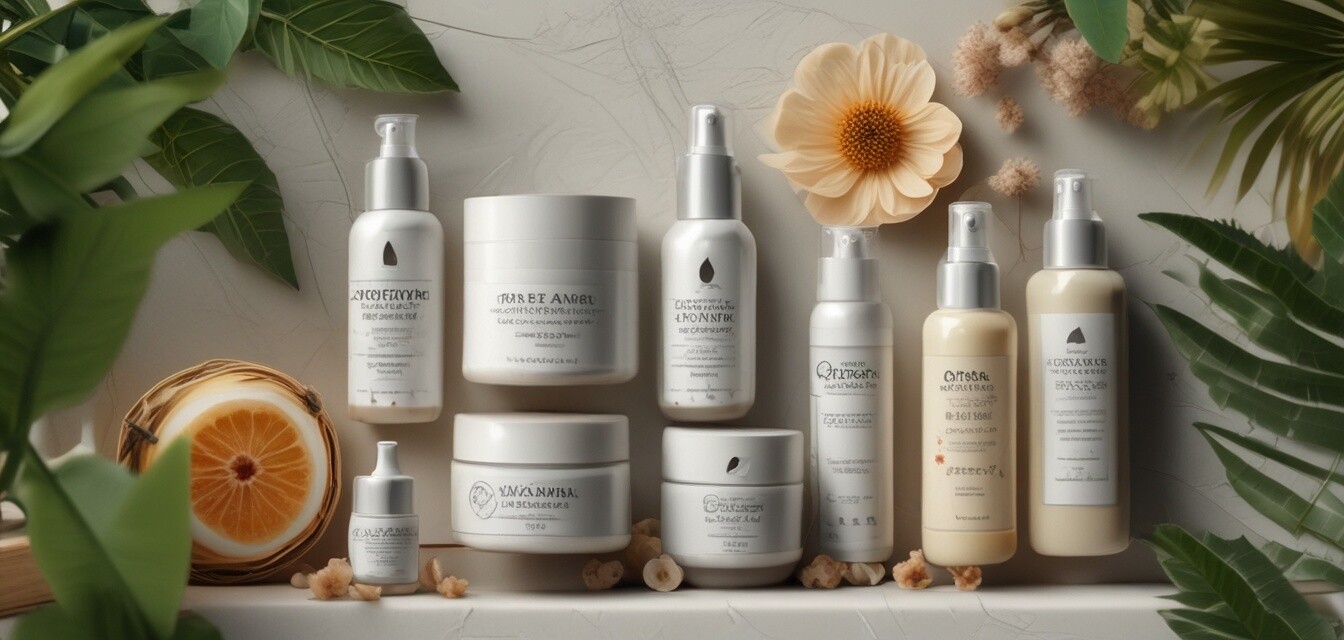
The Importance of Moisturizing After Cleansing
- Moisturizing is essential for maintaining skin hydration.
- It helps in restoring the skin barrier after cleansing.
- Choosing the right moisturizer based on your skin type can enhance the effectiveness of your skincare routine.
- Incorporating serums and oils can provide additional hydration benefits.
After a long day or even after a fresh morning, cleansing your skin is a crucial step to remove dirt, oil, and impurities. But what comes next is often overlooked - moisturizing. In this article, we will discuss why it’s important to moisturize after cleansing and provide tips for maintaining hydrated skin.
Why Moisturizing Matters
When you cleanse your skin, you are stripping away not only the impurities but also the natural oils that keep your skin hydrated. This step can sometimes leave your skin feeling dry and tight. Moisturizing after cleansing helps in:
- Restoring hydration levels.
- Preventing dryness and irritation.
- Enhancing skin elasticity and plumpness.
- Creating a protective barrier against environmental aggressors.
Best Practices for Moisturizing
To maximize the benefits of your moisturizer, here are some best practices to consider:
Right Timing
Apply your moisturizer within minutes of cleansing your skin for optimal absorption. This is especially critical after using hot water as it can further dehydrate your skin.
Layering Products
Depending on your skin type, you might want to incorporate layering techniques in your routine:
| Skin Type | Product Types |
|---|---|
| Oily | Lightweight gel moisturizer |
| Dry | Cream-based moisturizer |
| Combination | Liquid moisturizer on T-zone, cream on dry areas |
| Sensitive | Fragrance-free, hypoallergenic products |
Tips for Choosing the Right Moisturizer
- Identify your skin type to match products effectively.
- Look for ingredients like hyaluronic acid, glycerin, or ceramides.
- Consider seasonal changes; creamier textures may be better in winter.
- Test products on a small area first to check for any adverse reactions.
Additional Hydration Techniques
Beyond your basic moisturizer, consider these additional options:
- Hydrating serums to boost moisture levels.
- Facial oils for added nourishment.
- Using a humidifier to maintain overall environment humidity.
- Avoiding hot showers which can strip your skin of moisture.
Conclusion
Maintaining hydrated skin is essential for its overall health and appearance. Remember, moisturizing after cleansing is not just a step in your skincare routine; it’s a vital practice for achieving and maintaining that natural glow. If you’re looking for more insights, explore our extensive guides on skincare routine tips or check out moisturizers and serums that fit your needs.
Pros
- Keeps skin hydrated and healthy.
- Helps in repairing skin barriers.
- Enhances the absorption of additional skincare products.
Cons
- Choosing the wrong product can lead to breakouts.
- Some moisturizers may feel heavy or greasy on the skin.
Start taking your skincare regimen seriously by ensuring you don’t miss out on the crucial step of moisturizing. A well-hydrated skin will reflect the care you put into your routine!


